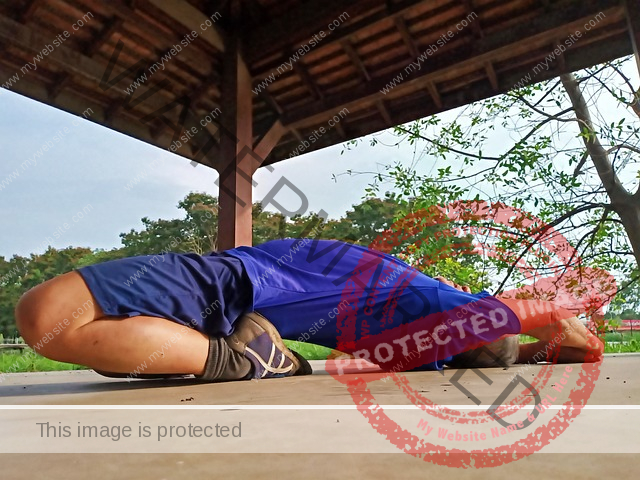Unlocking the Power of Exercise: A Comprehensive Exploration of its Myriad Benefits
Introduction: the Power of Exercise
In a world where sedentary lifestyles are becoming increasingly prevalent, the importance of regular exercise cannot be overstated. Beyond its role in weight management, exercise is a cornerstone of overall health and well-being. This article delves into the Power of Exercise, exploring its impact on physical health, mental well-being, and longevity.Exercise is not just a physical activity; it’s a powerful catalyst for overall well-being, affecting the body, mind, and spirit. From cardiovascular health to mental resilience, the benefits of regular exercise are vast and transformative.
Physical Health Benefits: the Power of Exercise
- Weight Management: Regular exercise is a key component of weight management. It helps burn calories, build muscle, and boost metabolism, the power of exercise, making it an essential tool for those looking to achieve or maintain a healthy weight.
- Cardiovascular Health: Aerobic exercises such as running, swimming, and cycling enhance cardiovascular health by improving heart and lung function. This, in turn, reduces the risk of heart diseases and improves overall circulation.
- Muscle Strength and Flexibility: Resistance training and flexibility exercises contribute to increased muscle strength and joint flexibility. This not only enhances athletic performance but also reduces the risk of injuries and promotes better posture.
- Bone Density: Weight-bearing exercises, such as weightlifting and hiking, stimulate the production of bone-forming cells, thus improving bone density and reducing the risk of osteoporosis, especially in older adults.
- Immune System Boost: Regular, moderate-intensity exercise has been linked to a strengthened immune system. It may reduce the risk of chronic diseases and infections by the power of exercise and the efficient functioning of immune cells.
Mental Health for the power of exercise Benefits:
- Stress Reduction: Exercise triggers the release of endorphins, neurotransmitters that act as natural mood lifters. This can help reduce stress levels and alleviate symptoms of anxiety and depression.
- Cognitive Function: Physical activity has been shown to enhance cognitive function and protect against age-related decline. It improves memory, attention, and the ability to learn, making it a power of exercise for maintaining cognitive health throughout life.
- Better Sleep: Regular exercise can improve sleep quality by promoting relaxation and reducing insomnia. However, it’s essential to time exercise appropriately, as vigorous activity close to bedtime may have the opposite effect.

- Mood Regulation: Exercise has a positive impact on neurotransmitters like serotonin and norepinephrine, contributing to better mood regulation. This can be particularly beneficial for individuals dealing with mood disorders or emotional challenges.
- Social Connection: Group exercises or team sports provide opportunities for social interaction, fostering a sense of community and reducing feelings of isolation. This social aspect contributes significantly to mental well-being.
Long-Term and the power of exercise:
- Increased Lifespan: Numerous studies have suggested that regular exercise is associated with increased longevity. It not only adds years to life but also improves the quality of those years by promoting vitality and overall health.
- Disease Prevention: Exercise is a powerful preventive measure against various chronic diseases, including cardiovascular diseases, type 2 diabetes, and certain cancers. It can mitigate risk factors such as obesity, high blood pressure, and high cholesterol.
- Improved Metabolic Health: Physical activity plays a crucial role in maintaining healthy blood sugar levels and insulin sensitivity, reducing the risk of type 2 diabetes. Regular exercise can also aid in managing existing diabetes by improving glucose control.
- Enhanced Respiratory Health: Aerobic exercises improve lung capacity and respiratory efficiency. This is particularly beneficial for individuals with respiratory conditions such as asthma, as it can enhance their ability to breathe more easily.
Conclusion:
In conclusion, the benefits of exercise extend far beyond the physical realm. Engaging in regular physical activity is a holistic approach to health, promoting mental well-being, longevity, and disease prevention. Whether through structured workouts, team sports, or simple daily activities, incorporating exercise into one’s routine is a powerful investment in a healthier and more fulfilling life. As the saying goes, “Exercise is medicine,” and its prescription is one that can lead to a happier, healthier, and longer life.






